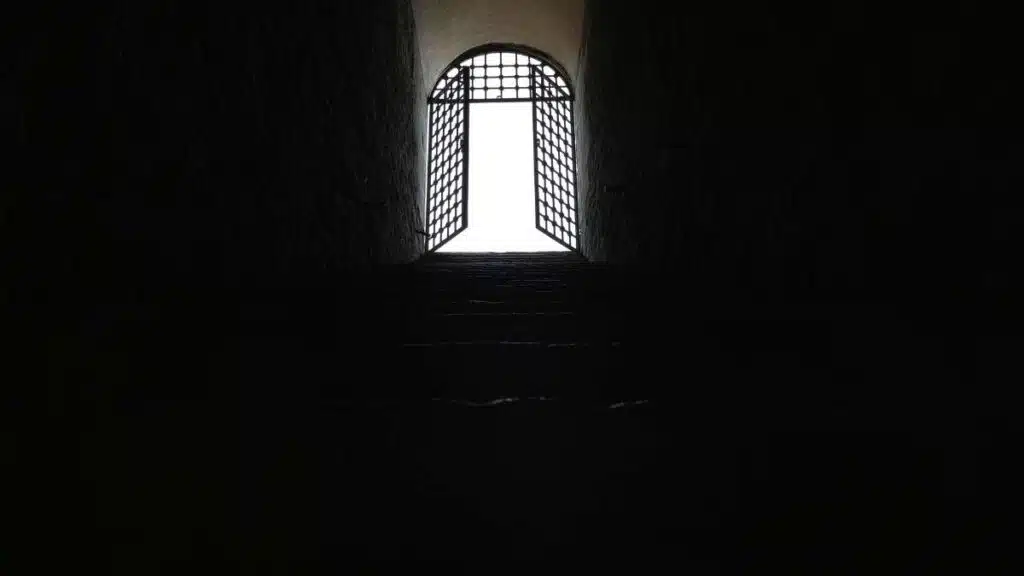Is Darkness Faster Or Slower Than Light?
The speed of darkness is equal to the speed of light. Darkness is not a physical entity, so it has no speed. Conversely, light is a physical entity that travels at a constant speed in a vacuum. This constant speed is a fundamental aspect of physics and has far-reaching implications for our understanding of the universe. Darkness, despite its lack of physical speed, plays a vital role in science, nature, and philosophy.
What is Darkness?
Darkness is not an entity with a defined speed. Darkness is simply the absence or lack of light. It is the state where no visible light reaches our eyes, making objects appear black or unseen. So, does darkness have a speed? In a literal sense, darkness does not have a speed as it is not a tangible force or particle.

Light speed is an essential aspect of modern physics. According to Einstein’s theory of special relativity, the speed of light in a vacuum is approximately 299,792 kilometers per second (186,282 miles per second). This constant speed forms the foundation for many scientific principles and equations.
The Speed of Darkness vs The Speed of Light
The notion that darkness could compete with light’s speed is a common misconception. In reality, darkness cannot travel or move at any speed. Light travels through space as photons, carrying energy and information. Darkness, on the other hand, is the absence of these photons, making it inherently void of any speed or motion.
To better understand this, let’s use an analogy: Imagine light as a stream of cars moving down a highway. Darkness is the empty space between those cars. Darkness cannot catch up or overtake the cars since it lacks the physicality to do so.
The Influence of Light and Darkness on Perception
The presence of light has a profound impact on our senses, especially vision. It allows us to perceive the world around us, recognize colors, and observe details. In contrast, darkness limits our visual perception and can create an aura of mystery and fear.
The Role of Light and Darkness in Science and Nature
Light plays a vital role in various natural processes. Photosynthesis, the process by which plants convert light into energy, is a fundamental mechanism that sustains life on Earth. On the other hand, darkness has its significance, especially in the study of dark matter, which constitutes a substantial portion of the universe.
Philosophical Interpretations
Light and darkness often carry symbolic meanings in philosophy and literature. Light is often associated with knowledge, wisdom, and truth, while darkness represents ignorance and the unknown. The debate about their speeds can be interpreted metaphorically, highlighting the pursuit of knowledge in contrast to the mysteries of the universe.
Light and Darkness in Space
The interaction of light and darkness in space is a fascinating and complex topic. Black holes, for example, have an event horizon, a boundary beyond which not even light can escape. This phenomenon leads to fascinating discoveries in astrophysics.
The speed of light has revolutionized communication technology, enabling rapid data transfer and global connectivity. On the other hand, certain technologies embrace darkness, such as low-light photography and night-vision devices.



Leave a Reply